7, March 2021
Making of Obiang Nguema II: Series of explosions hits military barracks in Equatorial Guinea 0
A series of explosions at a military barracks in Equatorial Guinea killed at least 15 people and wounded hundreds of others, state television reported.
TGVE read out a statement from President Teodoro Obiang Nguema which said the explosion was due to the “negligent handling of dynamite” in the military barracks located in the neighborhood of Mondong Nkuantoma in Bata. He said that the explosion occurred at 4 p.m. local time. The president said that impact of the explosion affected buildings across the city.
TVGE said that at least five explosions caused at least 20 deaths and wounded more than 400 others.
There were some discrepancies with the death toll, with TGVE reporting 20 dead, a Health Ministry tweet saying 17 were killed and the president’s statement mentioning 15.
State television showed a huge plume of smoke rising above the explosion site as crowds fled, with many people crying out “we don’t know what happened, but it is all destroyed.”
The health ministry tweeted that its health workers are treating the injured at the site of the tragedy and in medical facilities, but feared people were still missing under the rubble.
Images on local media seen by The Associated Press show people screaming and crying running through the streets amid debris and smoke. Roofs of houses were ripped off and wounded people were being carried into a hospital.
The blasts were a shock for the oil rich Central African nation. A doctor calling into TVGE, who went by his first name, Florentino, said the situation was a “moment of crisis” and that the hospitals were overcrowded. He said a sports center set up for COVID-19 patients would be used to receive minor cases.
Radio station, Radio Macuto, said on Twitter that people were being evacuated within four kilometers of the city because the fumes might be harmful.
Following the blast, the Spanish Embassy in Equatorial Guinea recommended on Twitter that, “Spanish nationals stay in their homes.”
(AP)
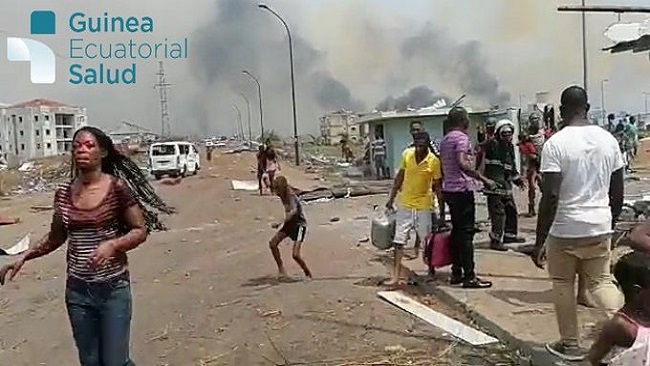

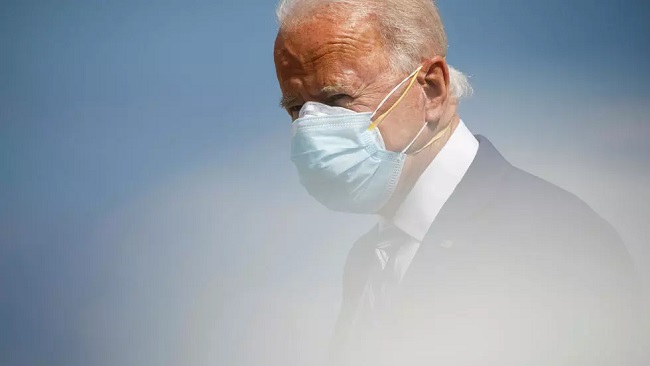

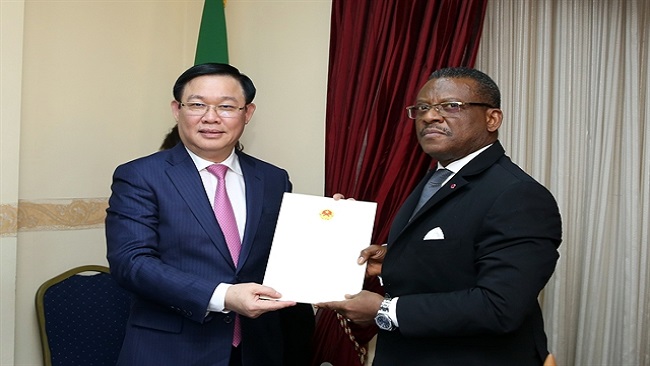
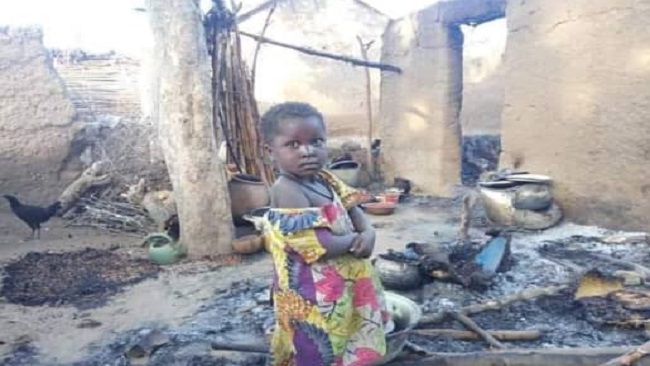
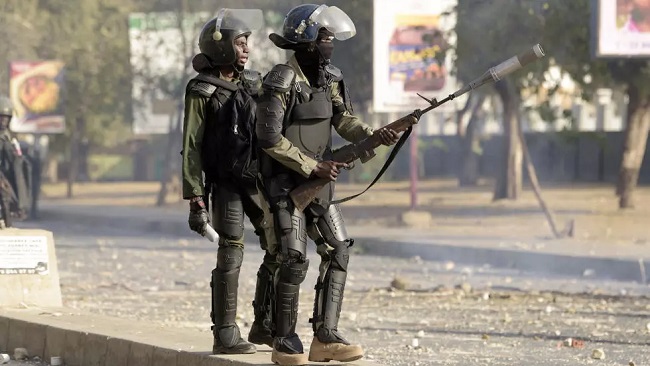
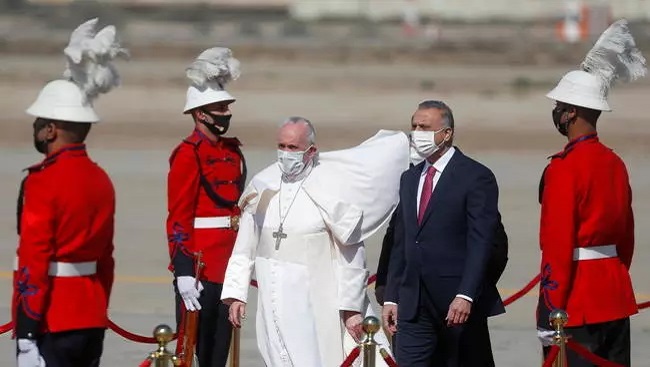



















8, March 2021
Southern Cameroons Crisis: Canadian House of Commons weighs in, says there is no end to hostilities in sight.” 0
On 16 February 2021, the Subcommittee on International Human Rights of the House of Commons Standing Committee on Foreign Affairs and International Development (the Subcommittee) heard from witnesses who gave members an update on the conflict between the Government of Cameroon and the English speaking regions of the Republic of Cameroon that has been escalating since 2016.
The Subcommittee last held a meeting on this topic on 13 June 2019. Its subsequent news release shed light on a host of human rights violations in the country perpetrated by the Cameroonian government. The Subcommittee concluded that since the root causes of the crisis continue to be ignored, “there is no end to hostilities in sight.”
Tragically, the situation in Cameroon has not improved. As summarized by one witness:
In the northwest and southwest regions, it is nothing short of an atrocity situation, consisting of widespread and systematic crimes against humanity against the civilian population and serious violations of international humanitarian law or the laws of war against civilians as protected persons, amounting to war crimes.
Witnesses, including an academic and people with regional experience, shared horrific stories of mass killings, forced disappearances, torture, burning and the worst forms of sexual violence. Since 2017, more than 700,000 civilians have been forcibly displaced from their homes, with over 60,000 refugees fleeing to neighbouring Nigeria.
The Subcommittee is particularly worried about the impact of this conflict on children in primarily English-speaking regions of the country. Not only are they witnessing the violence, but they are subject to it and concerns were raised that they are being recruited as child soldiers. Witnesses reported that between 800,000 and 1.1 million children have been out of school since 2017.
Witnesses lamented the fact that this is a neglected crisis. The international community cannot continue to stand idly by while atrocities in Cameroon continue unabated. The Subcommittee shares the view of witnesses that the situation needs urgent attention – with no end to the conflict in sight, Cameroon’s divisions are becoming increasingly entrenched.
The Subcommittee agrees with witnesses that, as a member the Commonwealth of Nations and the Francophonie alongside Cameroon, Canada could play a stronger role in helping to end this crisis. As such, the Subcommittee shares the view that the Government of Canada should rally allies through multilateral organizations to call for an immediate ceasefire and end to hostilities. It should mount an international campaign pressuring the Government of Cameroon to allow the establishment of an independent fact-finding commission of inquiry to investigate the conflict, including the atrocities and its root causes. The Government of Canada should also consider, alongside international allies, sanctioning those responsible for atrocities and severe human rights violations through the Justice for Victims of Corrupt Foreign Officials Act (Sergei Magnitsky Law).